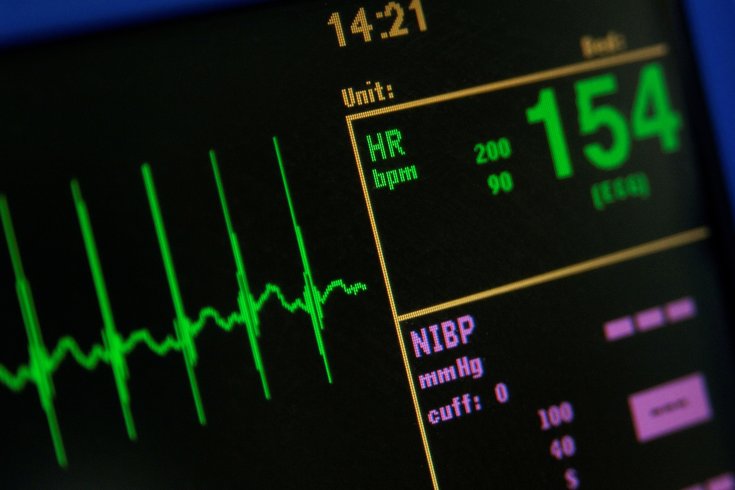
February 10, 2020
 Source/Image licensed from Ingram Image
Source/Image licensed from Ingram Image
Mercy Home Health is helping congestive heart failure patients avoid trips to the hospital by tracking vital measurements via telemedicine. If their levels fall below set parameters, patients instead receive treatment in the comfort of their own homes.
People with congestive heart failure – like Sallyann Sherrill often require intravenous diuretic therapy when their symptoms flare up.
In many cases, that entails a trip to the hospital.
But a program offered by Mercy Home Health is helping Sherrill and other congestive heart failure patients avoid trips to the hospital by tracking vital measurements via telemedicine. If their levels fall below set parameters, patients instead receive treatment in the comfort of their own homes.
"The daily monitoring is great and I pay more attention now," said Sherrill, 74, of Levittown, Bucks County. "I have learned so much. All of the nurses are wonderful."
Nearly 6 million Americans are living with congestive heart failure, a life-threatening, chronic condition in which the heart cannot pump enough blood and oxygen to support the rest of the body.
Patients with congestive heart failure often need IV diuretic therapy to help eliminate the buildup of unneeded salt and water in the kidneys. That accumulation makes it harder for the heart to do its job.
Mercy Home Health, an arm of the Trinity Health Mid-Atlantic health system, has provided at-home care in the Philadelphia region since 1910.
Its congestive heart failure IV diuretic program provides the only in-home services in the area, according to Mercy Vice President of Operations Ruth Martynowicz. The impetus behind the program, which launched in 2018, was to stop the revolving door that some heart failure patients had to the hospital.
The 30-day readmission rate for patients in the program was 5.26% in 2019 – well below the national average of 17%, Martynowicz said.
"Patients feel more comfortable at home," Martynowicz said. "They feel better and do better. It is an added value."
Using telehealth equipment, homebound patients submit daily vital sign measurements, including their weight, blood pressure, heart rate and blood oxygen levels. If their vital signs fall outside normal parameters, a nurse either will adjust medications or visit the home to administer IV diuretic therapy.
"It really teaches the patient cause and effect and how to manage their condition, including taking the correct dose at the right time," Mercy Home Health Regional Director Jayne Green said.
Mercy Home Health nurses also visit homebound patients with other chronic conditions and those recovering from surgery. They make 460,000 patient visits a year, providing physical or occupational therapy. They also help patients manage their medications and make healthier lifestyle choices.
Mercy Home Health services are available to patients in Philadelphia, Bucks, Chester, Delaware and Montgomery counties.